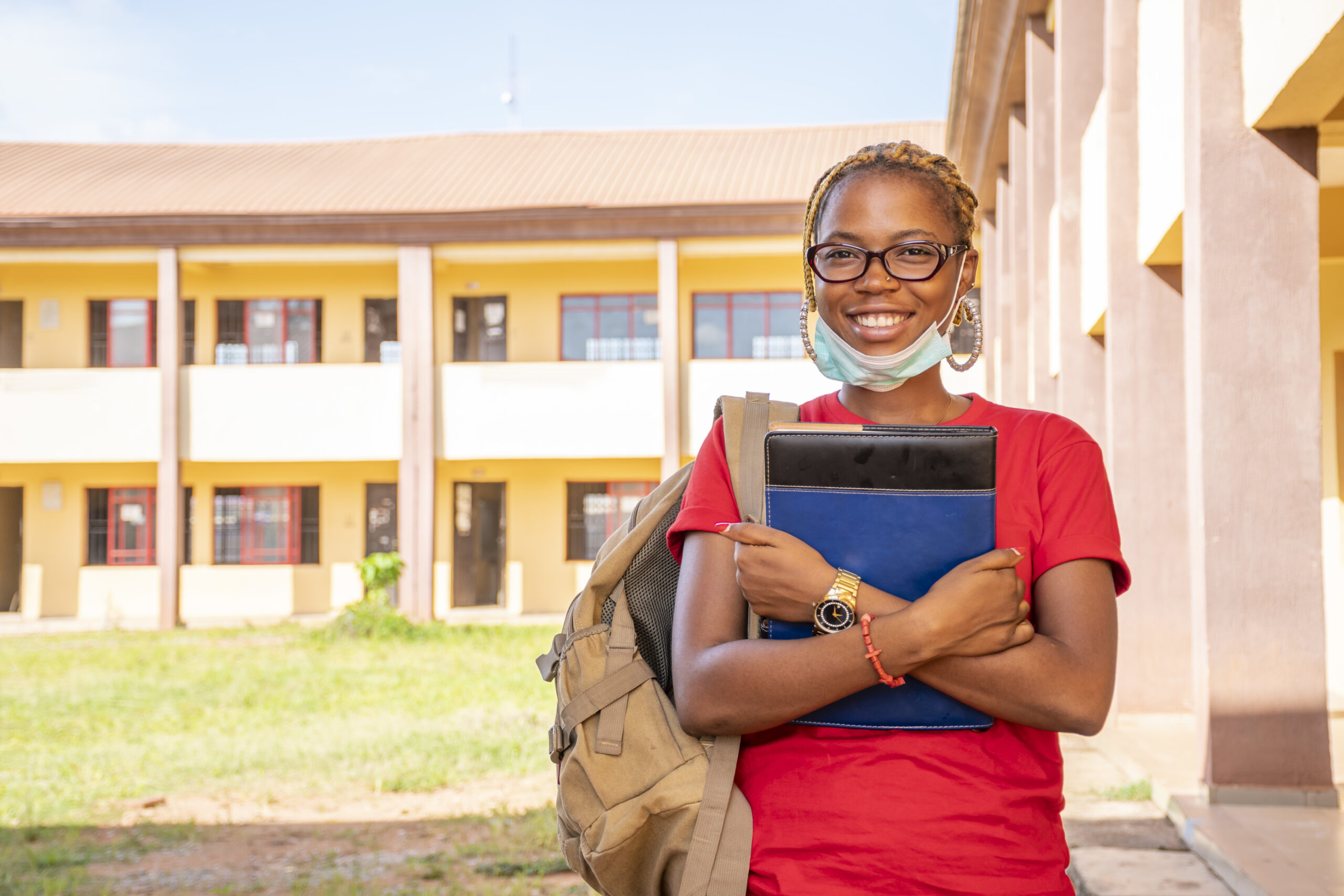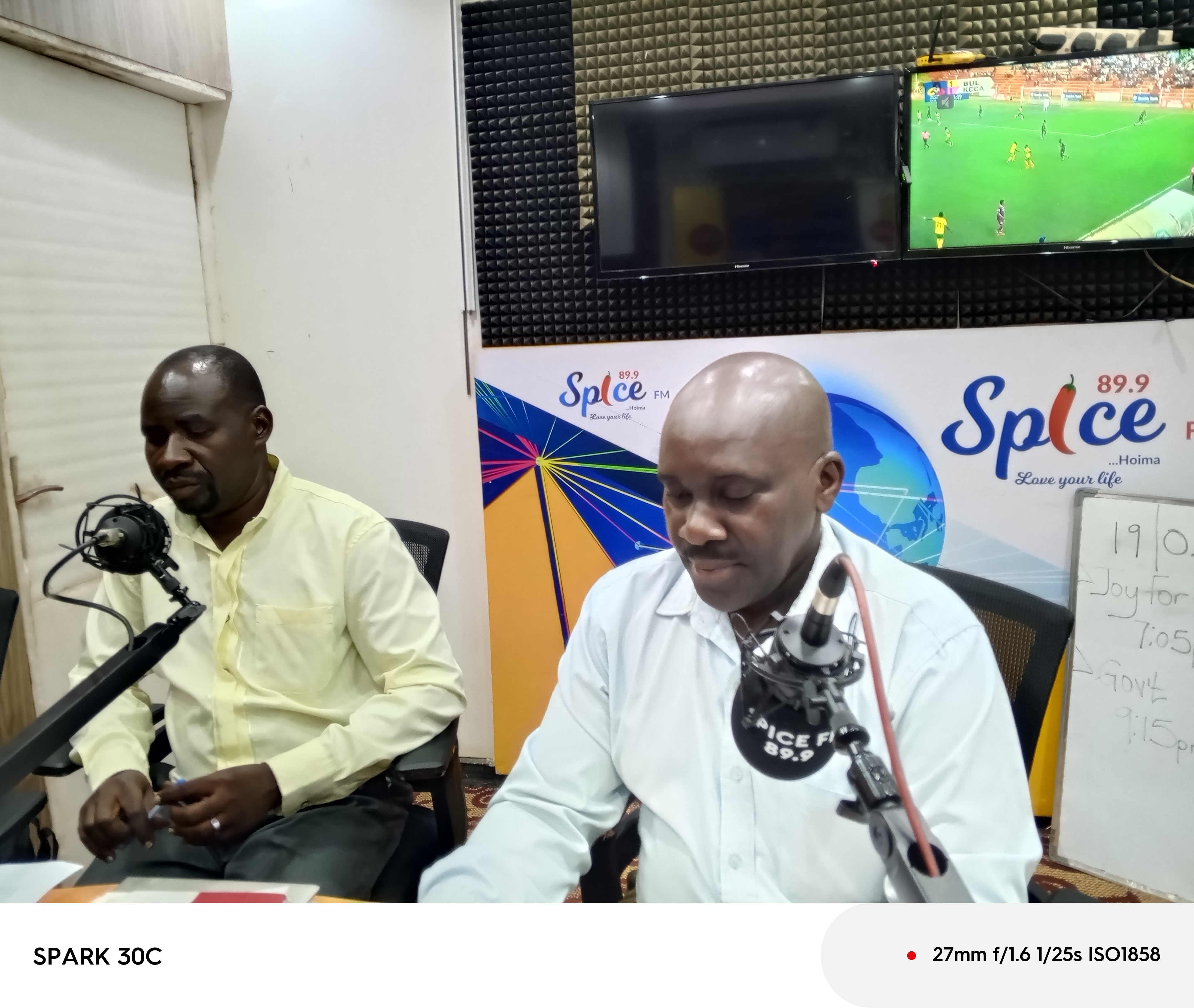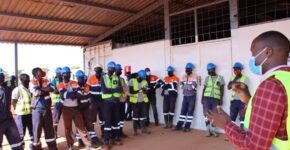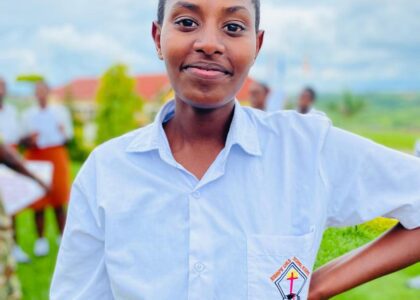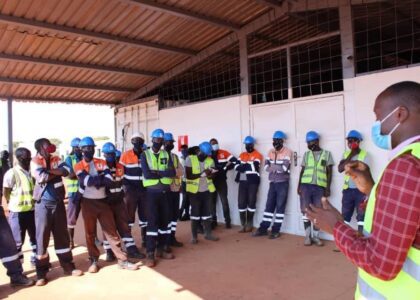When it rains in the night, deep into my slumber, chances are that I will not hear the rain until another day. When a country, stretches towards technology, but cannot reach the people, then it fits the analogy of night rain during a deep slumber.
The first challenge that comes with addressing technology and accessibility concerns defining terms.
Broadly, technology accessibility” means that tools can be used successfully by people with a wide range of abilities and disabilities. When technology is accessible, each user is able to interact with it in ways that work best for him or her.
Looking at the current prevailing crisis of Covid19,if you don’t live in a major urban area, you might have a much less consistent experience when it comes to accessing fast broadband technology. For many, Internet connections range from low speed to no connection at all. the irregularities in internet stability is directly affecting our children in the slums and rural areas as they are adjusting to remote home schooling which was made a mandatory program put in place by the government in pursuit to contain the spread of the novel covid19 virus.
In Uganda members of Parliament have raised concern about the Ministry of Education and Sports current program of a program that supports virtual learning via the internet, television, radio and newspaper prints during the Covid-19 lockdown. The minister of education in her speech on 27th April recommended lessons on TV, Radios and Online materials by NCDC. However challenges such as limited accessibility and inconsistency were identified in the program. In addition to this a few Televisions and Radio stations were selected to hold these programs making it hard for rural communities to that have poor consistent signals. MP`s recommend that the program should be suspended since all schools and institutions of higher education were closed by government in mid-March. Bunyole West MP James Waluswaka suggested that the House should resolve to have the program suspended because it’s not accessible and affordable by all learners. “If the whole country doesn’t access the materials then very few will learn,” he said. This call was suspend the program was supported by Kasilo County MP, and Mr. Elijah Okupa, among others
Talking to scholars in the slum communities of Makerere Kivulu, Mugume a primary seven candidate at Buganda road primary School in Kampala central Division, said: “It will be difficult to compete with students who are studying via television yet I am seated at home waiting for the schools to reopen. We don’t even have a TV at home and am not allowed to go into other people’s houses.”
Children with Disabilities have been having numerous challenges in the normal education system. The issue of inclusion has not been considered in homeschooling at all. We learn that the programs do not have a sign language interpreter making it impossible for children with hearing impairment to learn. For print material, children with eye sight problems are not able to learn. No materials on braille have been printed for them. This initiative is hence a false promise to children living with disabilities in the country.
Institutions should work harder to ensure digital accessibility to ensure that all children are treated fairly and given equality opportunities to excel despite their abilities and. This disparity of technological accessibility truly impacts people’s lives, as many children are deprived of one of their human rights: education. Internet access has become a basic human right. Hoping our society works quickly to fix this inequity in our system

